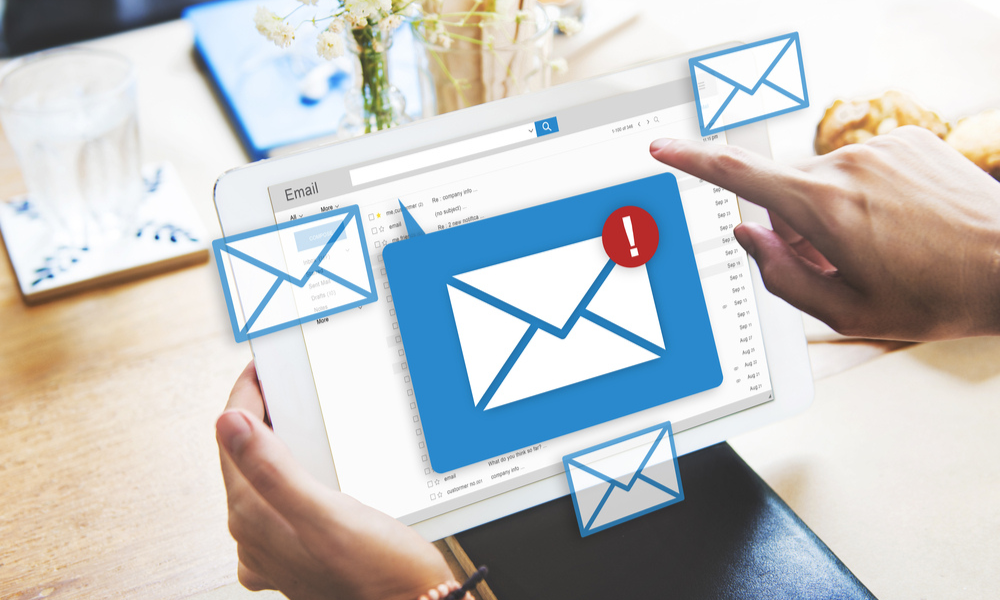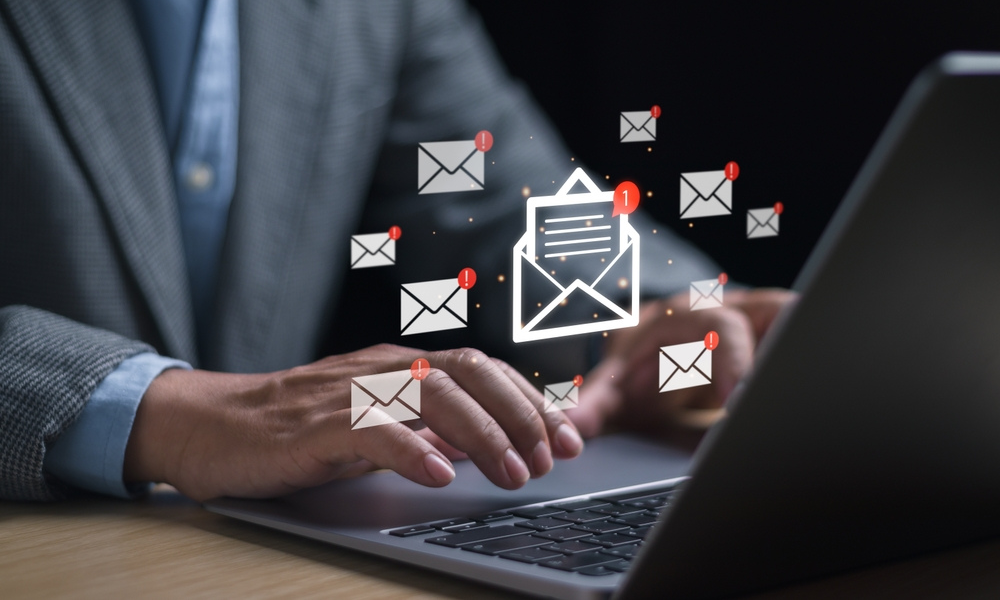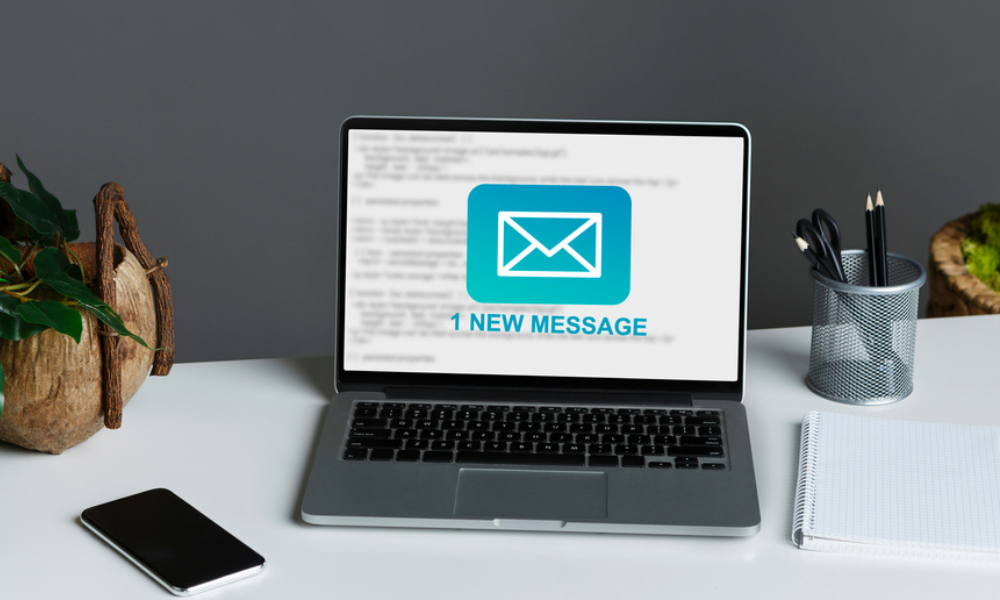As someone deeply involved in both construction and digital marketing, I’ve seen firsthand how businesses in the construction sector can benefit from email marketing—especially when it’s personalized effectively. In an industry where relationships and trust drive success, personalized communication helps you stand out, foster loyalty, and drive growth. Let’s explore how personalization can transform email marketing for construction companies and boost customer engagement across the board.
What You’ll Learn in This Article
In this article, we’ll explore:
Understanding Personalization in Email Marketing
Why personalization is a game-changer in building trust and engagement.
The Role of Customer Data in Personalization
How to collect and use data effectively to craft tailored campaigns.
Segmenting Your Audience
Breaking your audience into meaningful groups to maximize engagement.
Creating Personalized Content That Resonates
Crafting messages that genuinely speak to your recipients’ needs.
Automation: Streamlining Personalized Campaigns
Scaling your efforts without losing the personal touch.
Measuring Success in Personalized Email Campaigns
Using metrics and testing to refine your strategy and improve outcomes.
Maintaining Data Privacy While Personalizing
Building trust by respecting customer data and ensuring transparency.
Building Loyalty Through Personalization
How consistent, relevant communication fosters lasting relationships.
1. Understanding Personalization in Email Marketing
Personalization is about creating a connection. In a crowded inbox, emails that speak directly to the recipient’s needs and interests are far more likely to be read, let alone acted upon.
For example, consider a contractor juggling multiple projects. They’re more likely to open an email that includes recommendations for tools or materials they’ve expressed interest in, rather than a generic promotion. Personalization makes your message feel intentional, helping recipients see your business as a trusted partner.
For construction companies, this could involve using project history, service preferences, or customer feedback to tailor communications. Imagine sending a project manager a list of trending materials relevant to their ongoing projects. Personalization makes communication purposeful and impactful.
2. The Role of Customer Data in Personalization
Customer data forms the backbone of effective personalization. By analysing data such as purchase history, website activity, and customer inquiries, you gain the insights needed to craft emails that resonate.
For instance, tracking customer preferences can help identify key interests. A contractor who consistently purchases eco-friendly materials might appreciate emails highlighting green building trends or special offers on sustainable products.
Implementing a robust customer relationship management (CRM) system simplifies the process. CRMs collect, organise, and analyse customer data, enabling you to identify patterns and opportunities for targeted messaging. These systems allow you to move beyond guesswork and deliver value-driven communications tailored to individual preferences.
3. Segmenting Your Audience

Segmentation is a crucial step in personalizing your email campaigns. It involves dividing your audience into groups based on shared characteristics such as location, industry role, or purchasing behaviour.
For construction companies, segmentation could look like this:
Contractors: Emails showcasing tools and bulk discounts.
Property Developers: Insights into market trends and new technology.
Suppliers: Content about partnership opportunities and supply chain updates.
Segmentation ensures your messages are relevant and engaging. For example, sending an email about residential construction materials to a property developer focused on commercial projects would be a missed opportunity. Tailored communication builds stronger relationships and encourages positive responses.
4. Creating Personalized Content That Resonates
Personalization is most effective when the content itself speaks directly to the recipient. This goes beyond simply using their name in the subject line.
Think about what your audience values most. A contractor might be interested in saving time or cutting costs. Personalised content could include:
Special offers on tools frequently purchased by the recipient.
Guides on using a product more efficiently.
Recommendations for materials based on past projects.
In addition to offers, educational content can be highly effective. Providing valuable resources, such as industry reports or construction trends, positions your business as a helpful partner. This not only drives engagement but also builds trust and credibility.
5. Automation: Streamlining Personalized Campaigns
Automation is a game-changer when it comes to managing personalized email campaigns at scale. By setting up workflows that trigger emails based on customer actions, you can maintain consistent communication without manual effort.
For example, automated workflows can send:
A welcome email to new subscribers, introducing your services.
Follow-up emails to prospects who downloaded a brochure or requested a quote.
Reminders for promotions or events.
Automation doesn’t mean sacrificing the personal touch. With tools like dynamic content, you can customise email text and visuals to reflect each recipient’s preferences, even when sending to thousands of people.
6. Measuring Success in Personalized Email Campaigns

To refine your strategy, you need to measure the performance of your personalized emails. Metrics like open rates, click-through rates, and conversions provide valuable insights into what works.
A/B testing is particularly useful. By testing different subject lines, calls-to-action, or content formats, you can identify the most effective approaches for your audience. For example, testing whether a focus on cost savings or project efficiency drives more clicks can help optimise future campaigns.
Use these insights to continuously improve your emails. Over time, even small adjustments can lead to significant gains in engagement and conversions.
7. Maintaining Data Privacy While Personalizing
As valuable as customer data is, it’s equally important to handle it responsibly. Transparency builds trust, especially when customers know their data is being used to benefit them.
Start by gaining explicit consent when collecting data, and clearly communicate how it will be used. For example, let recipients know they’ll receive project-relevant updates or exclusive offers tailored to their needs.
Additionally, make it easy for customers to manage their preferences. Providing options to update email frequency or topics not only respects their choices but also helps you refine your audience segmentation.
8. Building Loyalty Through Personalization
The ultimate goal of email personalization is to build lasting relationships. When customers feel that your business understands their needs, they’re more likely to return—and recommend you to others.
Imagine sending a follow-up email to a contractor who recently completed a project, offering related products or services for their next job. This not only keeps your business top of mind but also demonstrates attentiveness and commitment to their success.
Loyalty isn’t built overnight. Consistent, value-driven communication creates a foundation for long-term partnerships that benefit both parties.
Practical Examples of Personalization in Construction Email Marketing
Example 1: Project Follow-Up
Subject Line: “How did the project go, [Name]?”
Content: Acknowledge the recipient’s recent purchase, provide tips for using the product, and suggest complementary items for their next project.
Example 2: Seasonal Promotions
Subject Line: “Ready for your next summer project?”
Content: Highlight seasonal offers and include curated recommendations based on past purchases or industry trends.
Example 3: Educational Content
Subject Line: “Top 5 Trends in Sustainable Construction”
Content: Share an article or guide that aligns with the recipient’s interest in green building practices, positioning your business as an industry leader.
Why It Matters for the Construction Industry
In construction, relationships are everything. Whether you’re a supplier, contractor, or developer, the ability to connect with your audience on a personal level sets you apart. Email marketing is a cost-effective way to nurture these connections, driving repeat business and fostering loyalty.
Call to Action: Get a Free Email Marketing Plan
If you’re ready to transform your email marketing and see real results, let’s talk. Our team specialises in creating effective, personalized email campaigns tailored to the construction industry. Contact us today for a free email marketing plan and discover how personalization can take your business to the next level.


